My Man Godfrey (1936)
“You’re more than a butler — you’re the first protege I ever had!”
|
Synopsis: |
|
Genres, Themes, Actors, and Directors:
Response to Peary’s Review: — is ruined by the plot “twist” (given away early) that Godfrey (Powell) is actually a millionaire in disguise. He posits that while screenwriters Eric Hatch and Morrie Ryskind “may have had praiseworthy intentions” by wanting “Powell to discuss cynically both the plight and the nobility of the unemployed during the Depression”, director “Gregory La Cava has trouble maintaining a humorous thread while injecting serious themes”; he argues that “if the film’s going to attempt social criticism, it shouldn’t be so timid about it”. He concludes his review by noting that the “film succeeds not because of the story or direction but because of the spirited performances”, with “suave Powell and daffy Lombard [possessing] some great moments together”. I can’t quite agree with most of Peary’s sentiments, given that I find the fast-paced screenplay consistently clever and witty, and don’t have any problem with the way Powell’s mysterious character is written. Indeed, it’s likely that if the social themes were taken more seriously, the entire affair would ultimately be much less successful as a wacky screwball flick. Peary’s right, however, to call out the fine performances by Lombard and Powell, who do indeed possess great chemistry together; it’s especially touching to know that they were divorced, yet still affectionate enough towards one other to maintain good relations. I’m also fond of the supporting performances throughout this ensemble piece — most notably gravelly-voiced character actor Eugene Pallette as the family’s harried patriarch, and fey Franklin Pangborn in an early bit role as the officiant for the scavenger hunt (a wonderful extended scene) that propels the plot into action. Redeeming Qualities and Moments:
Must See? Categories
(Listed in 1001 Movies You Must See Before You Die) Links: |
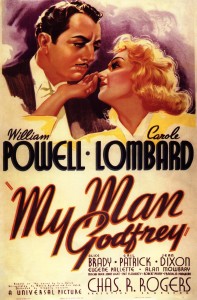
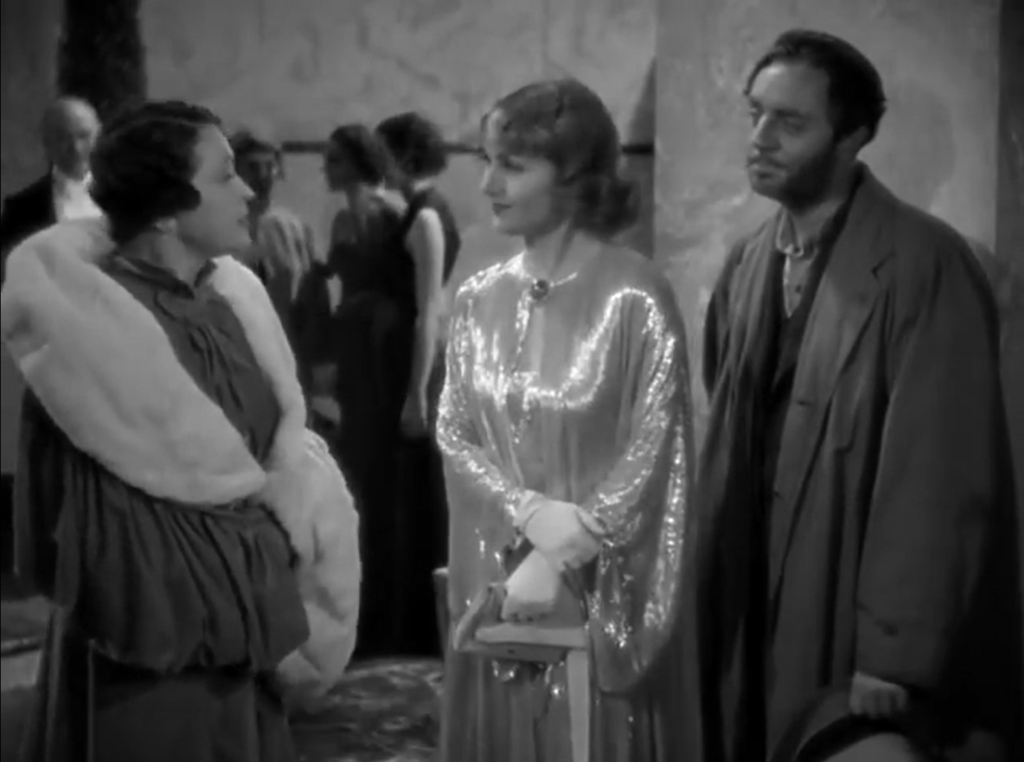
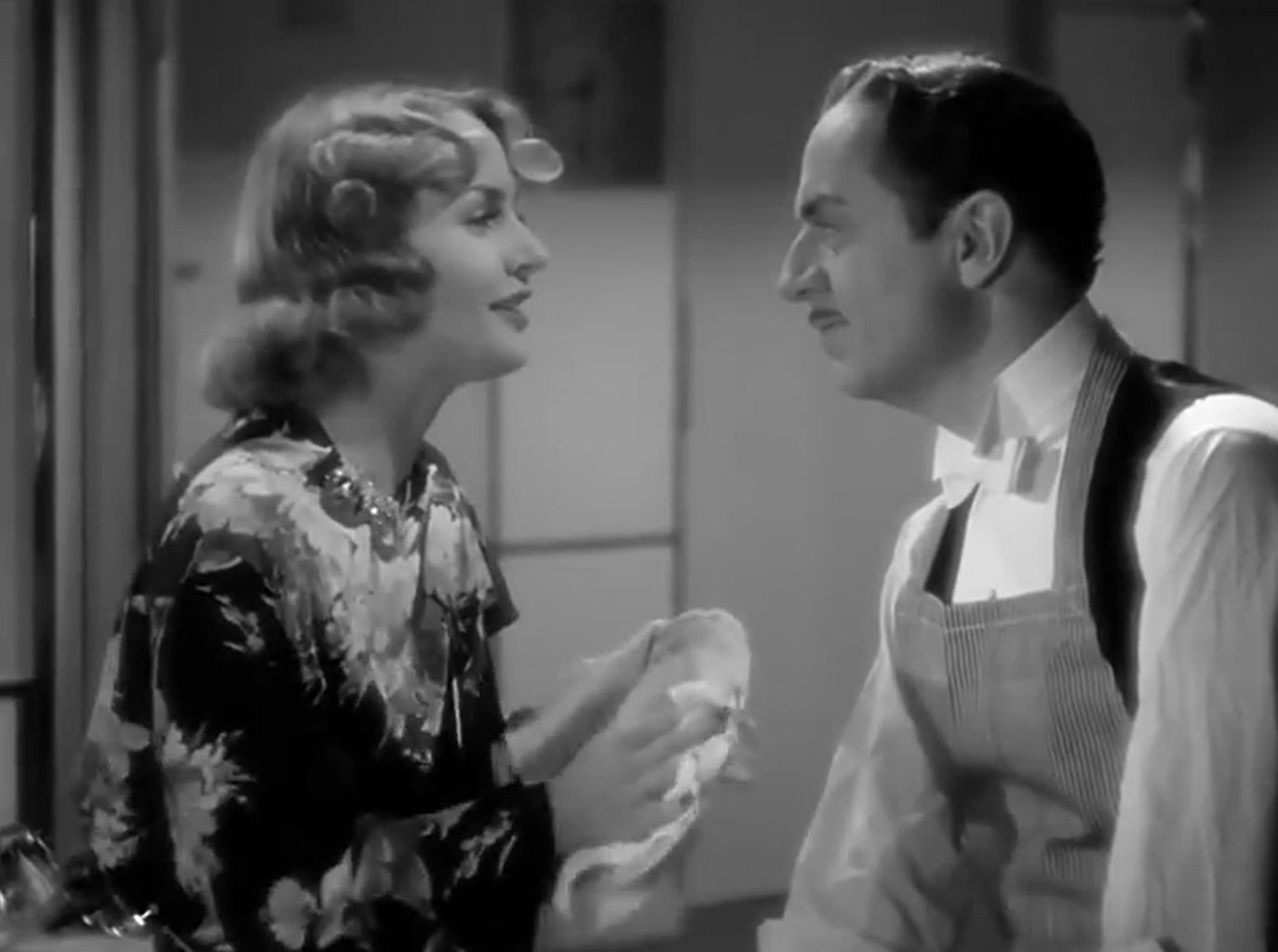
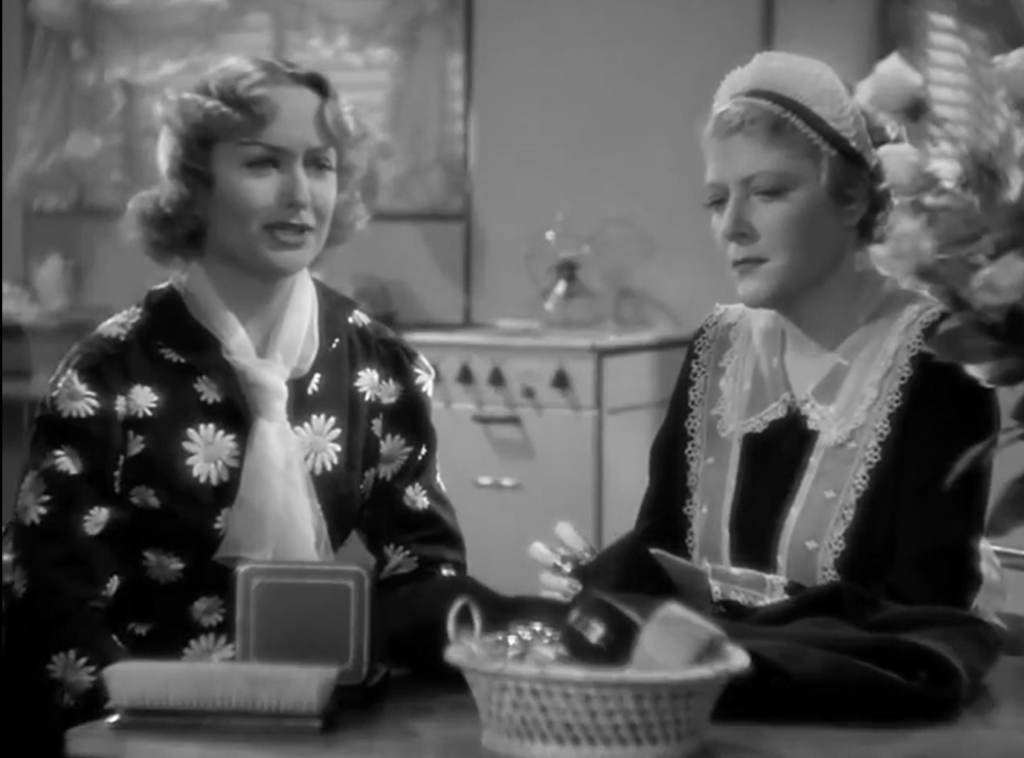
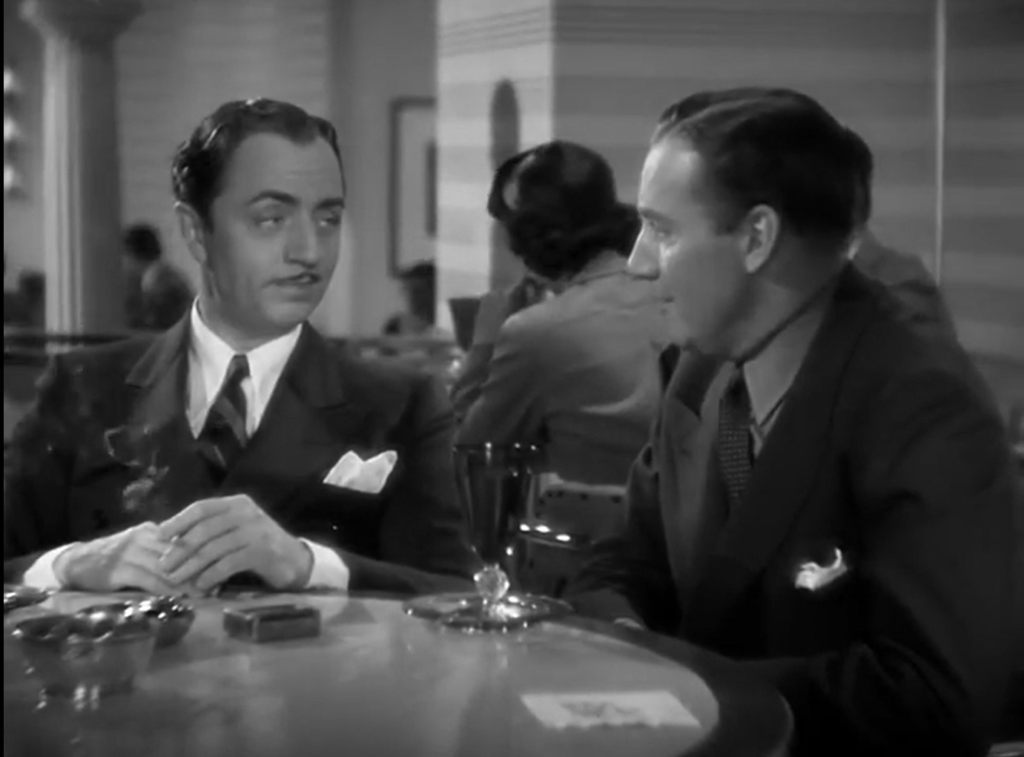
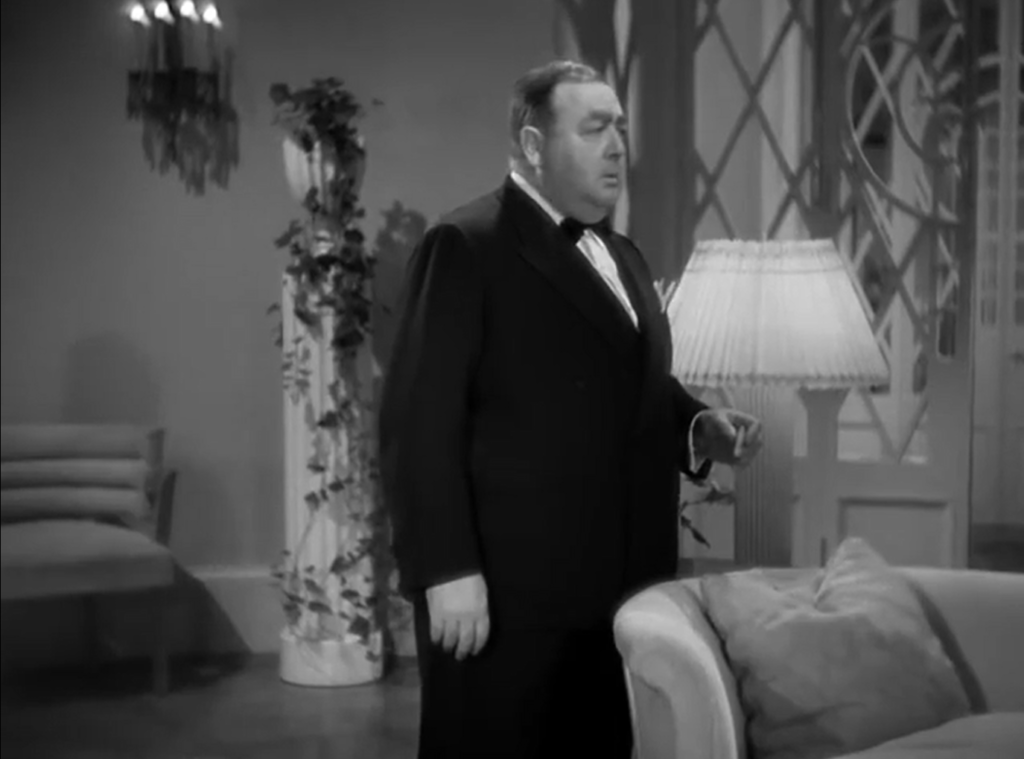
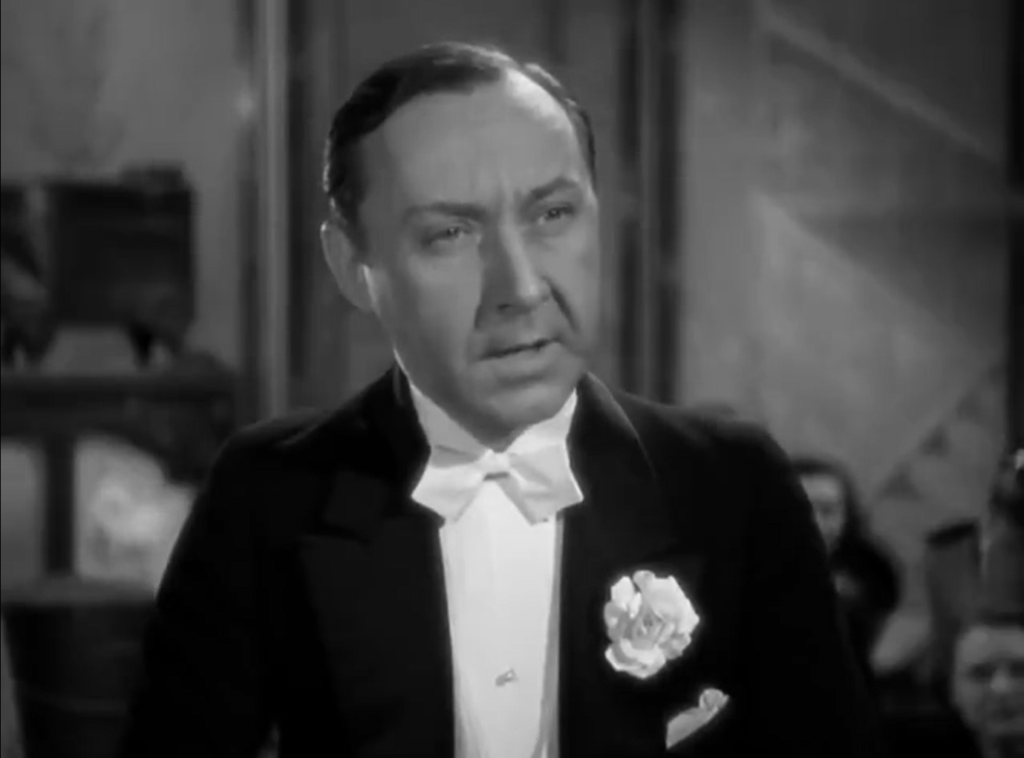
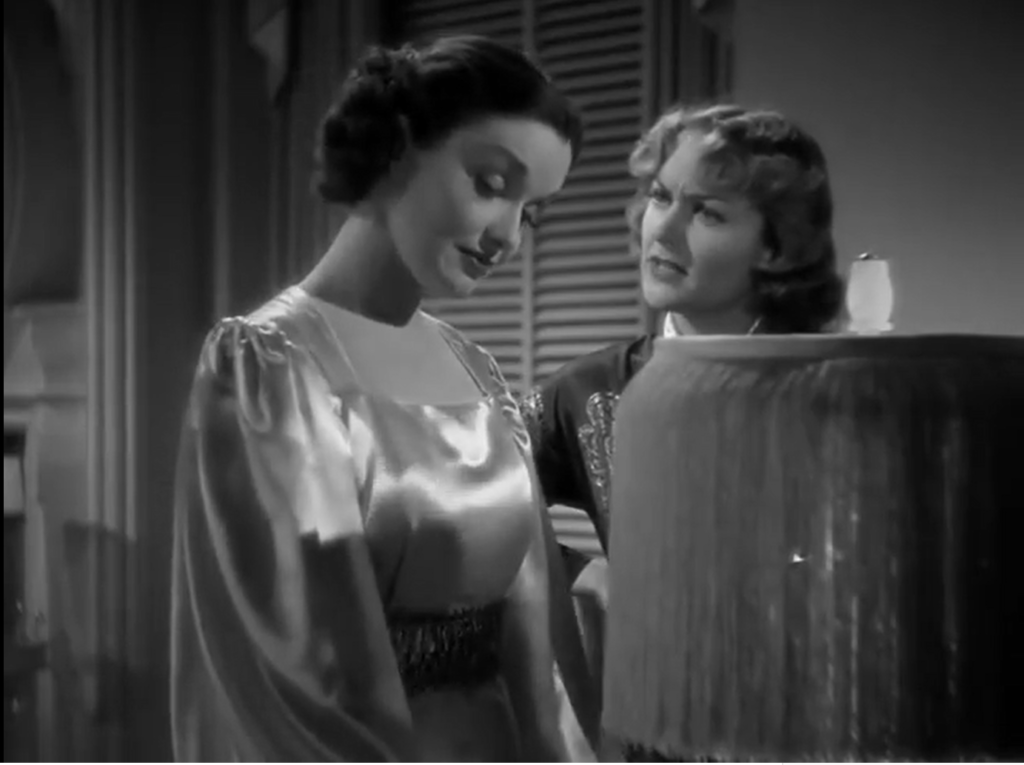
One thought on “My Man Godfrey (1936)”
Must-see – as a genuine screwball classic (and I’m in complete agreement with the second half of the review).
It was a real treat to revisit this just now – not that it’s among the zaniest of screwball comedies, but it certainly layers on a high degree of sophistication and charm. This is one of La Cava’s best films. proving how sharp he is when matched with equally sharp material. It’s also still surprisingly potent in its depiction of the rich and spoiled and/or stupid. (The early scavenger sequence reveals the well-off in horrid, pointless form.) Even though the film is consistently witty, one can’t help but notice what seems a certain disgust held by the writers toward the privileged (which, of course, must ultimately be kept at a distance – otherwise, a happy ending would be impossible). At just over 90 minutes, the film is as long as it needs to be and wonderfully economic.
I find Peary’s statement about the ‘twist’ perplexing, since it doesn’t come early but midway and, even then, the info comes out in an oblique manner – which doesn’t spoil the thread at all.
Lombard is in great form here – and she’s met on solid ground throughout by Powell’s brisk yet subtle Godfrey: a memorably complementary couple. Directly on their tail comes Jean Dixon, wickedly underplaying as the maid Molly. Dixon made only 16 films (including ‘Holiday’) – and it seems a shame she didn’t have a larger film career.
‘MMG’ seems to have been a direct influence on Sturges’ ‘Sullivan’s Travels’ (the phony bum element) and Hawks’ ‘Bringing Up Baby’ (particularly in terms of how Lombard’s often-manic line readings may have easily left their mark on Hepburn – who was not at that time known for rapid-fire delivery).